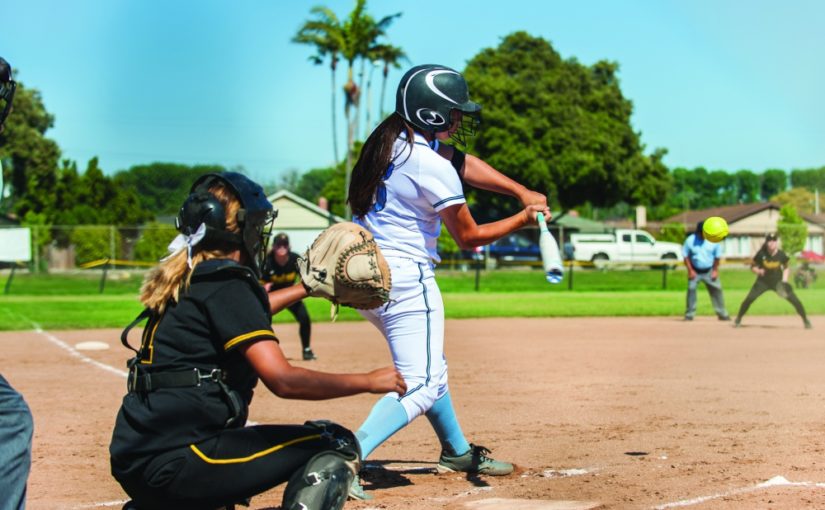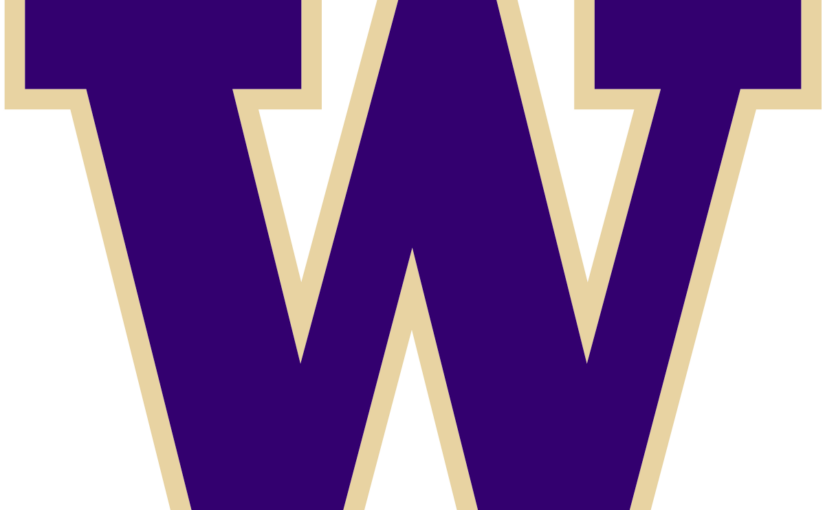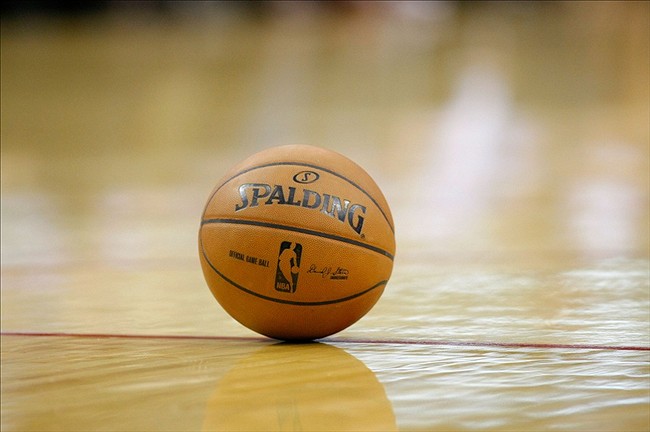Former NBA Coach Leading High School Squad
http://www.nytimes.com/2012/02/11/sports/basketball/eddie-jordan-goes-from-nba-to-high-school.html
TAKOMA PARK, Md.—A sign in the Takoma Park Recreation Center’s small and dusty gym says that dunking is not allowed. But the players on ‘s current team could not break that rule—or a backboard—if they tried.
As a recent practice neared its end, Jordan sensed that his players’ concentration was dwindling. So he regained their focus with an approach that would be ineffective in the , where Jordan spent parts of nine seasons as a head coach.
“You guys have to pay attention, Jordan said. You don’t want me to talk to your teachers, do you?”
Jordan is now the freshman boys basketball coach at his alma mater, Archbishop Carroll High School in Washington. He carries the ball bag, he maintains the scorebook and he is not paid.
“But one thing that is nice, he said with a smile, is the job security.”
Jordan, 57, compiled a 257-343 record while coaching the Sacramento Kings, the Washington Wizards and the . Each job ended, like so many in the NBA do, with his being fired.
In 2010 Jordan was let go after his only season with the 76ers, and this season’s lockout made it difficult to re-enter the league as an assistant. In the fall, the athletic director at Archbishop Carroll, George Leftwich, who was Jordan’s high school coach, told him he had an opening.
“I never thought he’d actually say yes, Leftwich said.
Jordan is being paid about $3 million this year from his contract with the 76ers. Leftwich joked that he could not match that figure, so he would not pay him anything. He offered to take Jordan out to a nice lunch, and the next day Jordan took a nice lunch to Leftwich.
During Jordan’s first week at Archbishop Carroll, he posed for photographs and signed some autographs. But several of his players were unfamiliar with him. Then they found out he had coached against LeBron James, and his credibility spiked.
“Some teams look at us like, ‘Wow, you have Eddie Jordan?’ ” Carroll forward Nicholas Orji said. “It gives us a lot of confidence on the court.”
Archbishop Carroll’s junior varsity and varsity teams practice at the school’s gym, so when classes end, the freshman team takes a bus to a recreation center on Wisconsin Avenue.
The Lions’ one-hour time slot is listed on a dry-erase board near the entrance, sandwiched between children’s playtime and women’s fitness sessions. The gym is hardly spacious. Midcourt is a few steps from the 3-point line, and there are walls within arm’s reach of the sidelines.
But there is a roof and there are nets and the rims are not bent, and that is enough for Jordan’s players.
“A lot of us have never played in real leagues before this, Archbishop Carroll guard Jeremy Fields said. We’d just play on a court outside with our friends. Now, we’re learning.”
The first few weeks were filled with bad passes and puzzled faces. Jordan said his two most common instructions were “pay attention” and “stop playing around.” Sometimes, he says, he stops to remind himself that his players are freshmen.
“In the NBA, maybe they forget things from day to day, Jordan said. Here, they forget what you told them five minutes ago. I’m learning how to be patient.”
Jordan keeps blueprints for each practice in a white binder that is thicker than a phone book. Many of the plays are diagrammed on his old 76ers stationery.
The Lions run a watered-down version of the Princeton offense that Jordan taught in the NBA, and they even use an out-of-bounds play called “Go, Gil, named after the former Wizards star Gilbert Arenas.
This season Jordan showed the players video clips of the Wizards’ playoff battles against the James-led Cleveland Cavaliers. He wanted his team to realize he had faith that it could run similar sets.
“You see him on TV and you never imagine you’d see him here teaching these kids, said Scottie Law, whose son, Scottie Jr., plays for Carroll. It says a lot about his character to be here, not even on the varsity, but with the freshman team.”
Jordan often alludes to his NBA past while coaching the Lions. He would like to return to the league as an assistant, perhaps next season.
In December, after the lockout ended, San Antonio Spurs Coach Gregg Popovich asked Jordan to assist him at training camp. But Archbishop Carroll had already played two games and the players were comfortable with their new coach, so Jordan declined the invitation.
“I didn’t want these kids to say, ‘Hey, he duped us, ‘ ” Jordan said. “If I’m talking to them about the importance of commitment, I have to show it myself.”
So for now, he is a Lion. For now, he mixes brief moments of frustration with long stretches of patience. And when his players run the right play or make the right pass, Jordan said, the feeling is as rewarding as any he has had as a coach.
Archbishop Carroll is off to a 7-7 start even though schools have brought junior varsity players down to their freshman teams to face the Lions, ostensibly to take their shots at a high-profile coach.
This stirs Jordan’s competitiveness, but he says it does not bother him. He said the reason he took this job, the reason he became a coach years ago, was to mentor young players. That ideal blurred easily amid the big games, big salaries and big expectations of the NBA.
At Archbishop Carroll, the spotlight is more dim, the coach’s impact more tangible.
“When I was in eighth grade, my coach got kids together, kids who had done things in the streets, and he changed their lives at a crucial stage, Jordan said. That’s what I always wanted to do. It just took me a while to get here.”
Former NBA Coach Jordan Leads High School Team
New York Times, Adam Himmelsbach
http://www.nytimes.com/2012/02/11/sports/basketball/eddie-jordan-goes-from-nba-to-high-school.html
TAKOMA PARK, Md.—A sign in the Takoma Park Recreation Center’s small and dusty gym says that dunking is not allowed. But the players on Eddie Jordan ‘s current team could not break that rule—or a backboard—if they tried.
As a recent practice neared its end, Jordan sensed that his players’ concentration was dwindling. So he regained their focus with an approach that would be ineffective in the NBA, where Jordan spent parts of nine seasons as a head coach.
“You guys have to pay attention, Jordan said. You don’t want me to talk to your teachers, do you?”
Jordan is now the freshman boys basketball coach at his alma mater, Archbishop Carroll High School in Washington. He carries the ball bag, he maintains the scorebook and he is not paid.
“But one thing that is nice, he said with a smile, is the job security.”
Jordan, 57, compiled a 257-343 record while coaching the Sacramento Kings, the Washington Wizards and the Philadelphia 76ers . Each job ended, like so many in the NBA do, with his being fired.
In 2010 Jordan was let go after his only season with the 76ers, and this season’s lockout made it difficult to re-enter the league as an assistant. In the fall, the athletic director at Archbishop Carroll, George Leftwich, who was Jordan’s high school coach, told him he had an opening.
“I never thought he’d actually say yes, Leftwich said.
Jordan is being paid about $3 million this year from his contract with the 76ers. Leftwich joked that he could not match that figure, so he would not pay him anything. He offered to take Jordan out to a nice lunch, and the next day Jordan took a nice lunch to Leftwich.
During Jordan’s first week at Archbishop Carroll, he posed for photographs and signed some autographs. But several of his players were unfamiliar with him. Then they found out he had coached against LeBron James, and his credibility spiked.
Some teams look at us like, ‘Wow, you have Eddie Jordan?’ ” Carroll forward Nicholas Orji said. “It gives us a lot of confidence on the court.”
Archbishop Carroll’s junior varsity and varsity teams practice at the school’s gym, so when classes end, the freshman team takes a bus to a recreation center on Wisconsin Avenue.
The Lions’ one-hour time slot is listed on a dry-erase board near the entrance, sandwiched between children’s playtime and women’s fitness sessions. The gym is hardly spacious. Midcourt is a few steps from the 3-point line, and there are walls within arm’s reach of the sidelines.
But there is a roof and there are nets and the rims are not bent, and that is enough for Jordan’s players.
“A lot of us have never played in real leagues before this, Archbishop Carroll guard Jeremy Fields said. We’d just play on a court outside with our friends. Now, we’re learning.”
The first few weeks were filled with bad passes and puzzled faces. Jordan said his two most common instructions were “pay attention” and “stop playing around.” Sometimes, he says, he stops to remind himself that his players are freshmen.
“In the NBA, maybe they forget things from day to day, Jordan said. Here, they forget what you told them five minutes ago. I’m learning how to be patient.”
Jordan keeps blueprints for each practice in a white binder that is thicker than a phone book. Many of the plays are diagrammed on his old 76ers stationery.
The Lions run a watered-down version of the Princeton offense that Jordan taught in the NBA, and they even use an out-of-bounds play called “Go, Gil, named after the former Wizards star Gilbert Arenas.
This season Jordan showed the players video clips of the Wizards’ playoff battles against the James-led Cleveland Cavaliers. He wanted his team to realize he had faith that it could run similar sets.
You see him on TV and you never imagine you’d see him here teaching these kids, said Scottie Law, whose son, Scottie Jr., plays for Carroll. It says a lot about his character to be here, not even on the varsity, but with the freshman team.”
Jordan often alludes to his NBA past while coaching the Lions. He would like to return to the league as an assistant, perhaps next season.
In December, after the lockout ended, San Antonio Spurs Coach Gregg Popovich asked Jordan to assist him at training camp. But Archbishop Carroll had already played two games and the players were comfortable with their new coach, so Jordan declined the invitation.
“I didn’t want these kids to say, ‘Hey, he duped us, ‘ ” Jordan said. “If I’m talking to them about the importance of commitment, I have to show it myself.”
So for now, he is a Lion. For now, he mixes brief moments of frustration with long stretches of patience. And when his players run the right play or make the right pass, Jordan said, the feeling is as rewarding as any he has had as a coach.
Archbishop Carroll is off to a 7-7 start even though schools have brought junior varsity players down to their freshman teams to face the Lions, ostensibly to take their shots at a high-profile coach.
This stirs Jordan’s competitiveness, but he says it does not bother him. He said the reason he took this job, the reason he became a coach years ago, was to mentor young players. That ideal blurred easily amid the big games, big salaries and big expectations of the NBA.
At Archbishop Carroll, the spotlight is more dim, the coach’s impact more tangible.
“When I was in eighth grade, my coach got kids together, kids who had done things in the streets, and he changed their lives at a crucial stage, Jordan said. That’s what I always wanted to do. It just took me a while to get here.”












